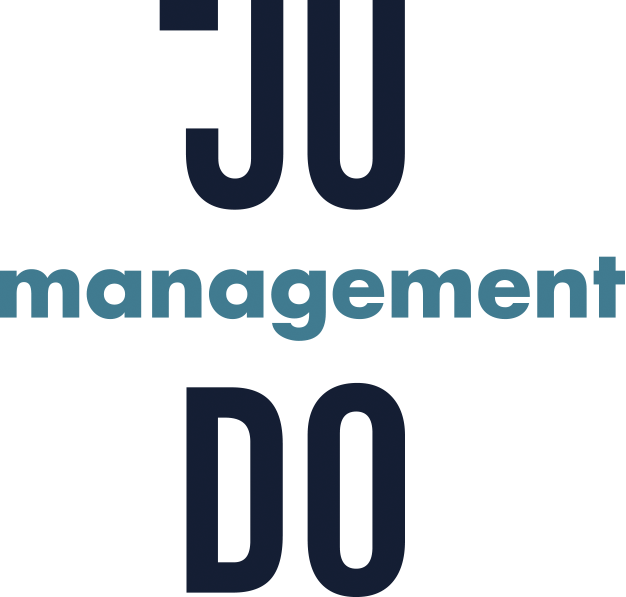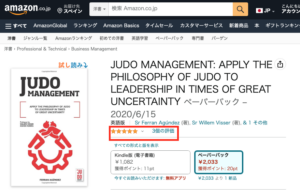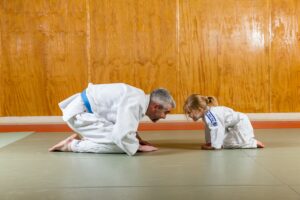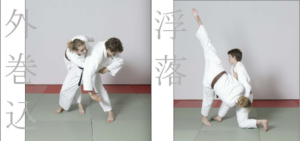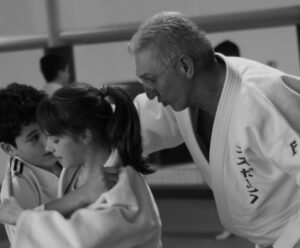DEFINITIONS
- Learning or improving a pattern of movement through intensively the moment without actually performing it simultaneously.
- A method to come to a design of one’s own behaviour through imagination and concentration based on reality ( to gain control in one’s own head).
- A method to influence mental functioning (everything that has to do with thoughts and feelings).
- A method to enlarge or to improve human capacities and abilities.
TIPES OF MENTAL TRAINING
- Relaxation: relaxation exercises;
- Ideo-motor training: imagine ideal movements;
- Autogenous training: relaxation technique setting oneself tasks to change behaviour and movement;
- Bio-feedback training: relaxation through recognizing a specific condition of the body, e.g. in connection with muscle tension, blood pressure and heartbeat;
- Self-realisation: development motivation, a continuous realisation of one’s own self;
- Verbal training: without actual performance, put into words the complete performance of a movement in all its separate parts;
- Observation training: methodical and goal-oriented observation of the patterns of movements of other sportsman/woman. Disturbed observation, motor dysfunction; through mental training improve/refine powers of observation thereby improving the technique. Training must be technique oriented in all time. Good observation leads to a good solving capacity. Movement is order to observation.
- Desensibilisation: main aspects of the match to come are reviewed; disturbing factors affecting the performance are consciously on in such a way that they lose their meaning and hindering reactions can no longer be called up by habituation effects.
In order to perform one should poses: talent (to be educated), motivation and discipline and mentality. The coach should work on self-knowledge of the individual: clear, concrete and complete.
So a coach has to confront the sportsman/woman with:
- Making choices;
- Accepting consequences;
- Placing demands on himself.
See also the mentioned phases: the right mental target at the right moment.
REMARK
All training must be mental as well: always training with full attention.
Train under pressure, because one has to achieve under pressure.
The pressure of the match must regularly be brought into the training.
“ if one cannot do it in training, one cannot do it in the match”.
WILLEM VISSER
Executive coach, Strategic Adviser, International Lecturer, 8th Dan Judo IJF
With gratitude to all my teachers, specialists, colleagues and especially all the judoka that I was allowed to guide and to coach.
Sources and inspiring professionals:
Van der Horst, Cobben, Abe, Saitoh, Yamashita, Uemura, Sugawara, Murata, Hosokawa, Komata, Takahashi, Nakamura, Kasuga, Kawashima, Kariya, Brousse, Besson, Rougé, Ruska, Geesink, de Cree, Barta, Vachun, Viser, Lascau, McConnell, Snijders, Sins, Hoogendijk, Boersma, Odinot, van Dijk, Klok and many others.
